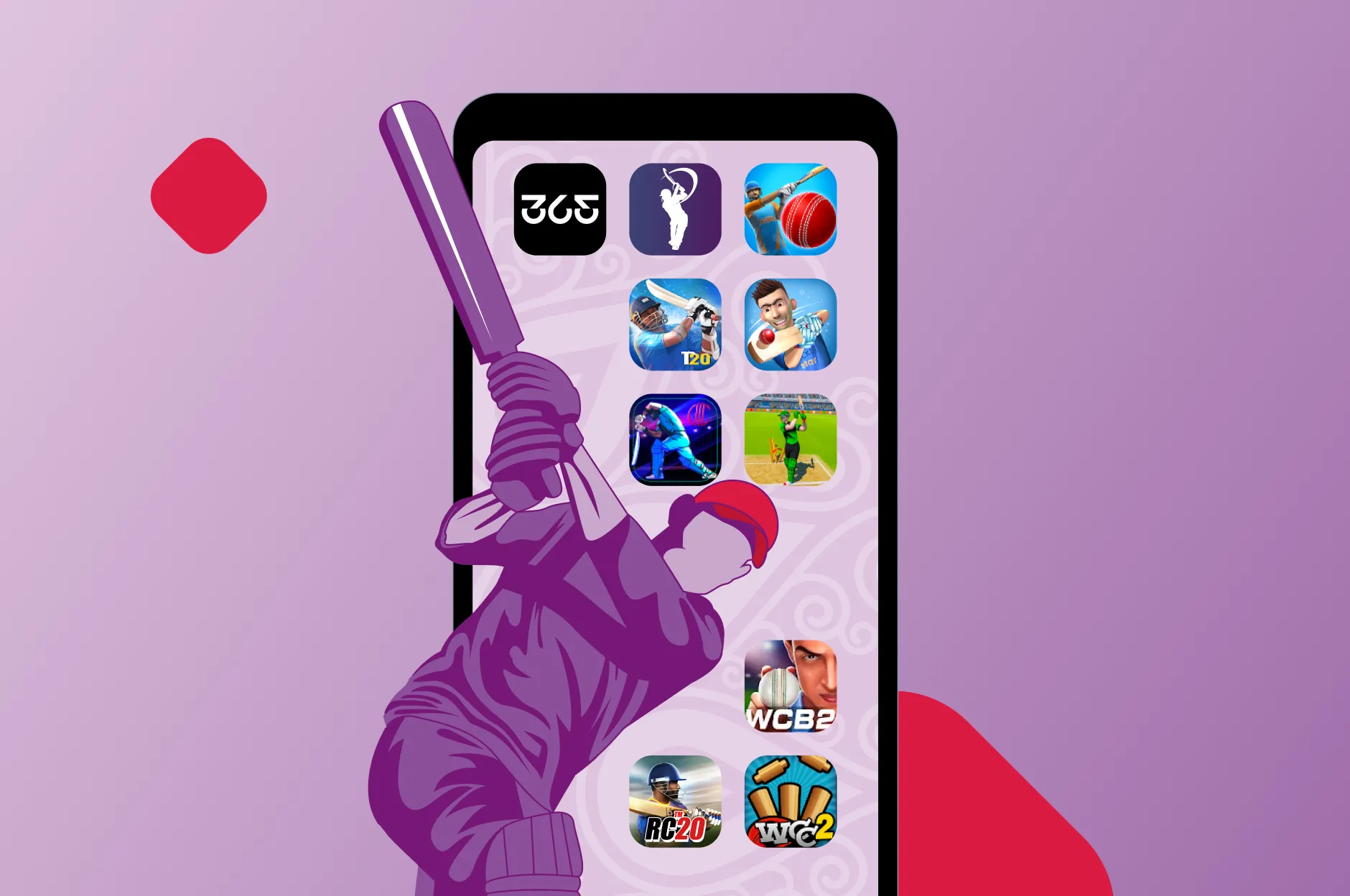

The World Cup, which the whole world has been eagerly waiting for, is around the corner. This will be the first World Cup ever to be held in the Arab world, and the second World Cup held entirely in Asia after the 2002 tournament in South Korea and Japan. The tournament will kick off on Sunday, November 20 with the opening game seeing host country Qatar facing Ecuador. As Qatar is the host country, sports fans all over the Middle East can't wait to hit the screens for the first game. While all MENA viewers can't wait to watch the games through their screens, the most important question for the brands is how to capture their target audience through mobile. In this research, we found out how mobile will play a key role as a first-screen during the games. Digital Turbine surveyed viewers from around the Middle East and South Africa regions to sort out screen behaviors, device preferences, and time spent on apps during this term.
Kingdom of Saudi Arabia World Cup Viewers

When we break demographics down by age and gender in KSA, not surprisingly males will be the majority with 59%. When we look at the age ratios, viewers of all ages will follow the World Cup, and the 25-34 age group is among those who will follow the most with 48%. It will be an event where people of all ages and genders will merge in feelings of excitement, disappointment, and pride.

As everyone expected, big screens like TV/cable and connected TV will remain the first preference for watching the World Cup, but what is unexpected is that smartphones are following these screens so closely with 55%! As smartphone screens get bigger and bigger with the newest releases, watching content has been more convenient than ever. Also, there’s no doubt that mobile apps are strong contenders in terms of having full game content.To view the full infographic about KSA, click here.
Egypt World Cup Highlights

Egypt is another country that includes many other World Cup viewers. That being said, the research results show that 88% of Egyptian viewers only watch soccer for the World Cup and most of the viewers prefer watching at home (52%).When it comes to following sports-related content, 73% of viewers stated they regularly use sports-related web apps followed by 60% on TV/streaming channels and 33% on mobile-first platforms. More than that, almost all (73%) World Cup viewers in Egypt increase their time spent on sports apps during events like the World Cup. When it comes to content sources to search for game and player-related information, 60% of respondents use websites, and 20% of them use apps.

To view the full infographic about Egypt, click here.
United Arab Emirates World Cup Viewers
In UAE, indeed the most followed sport is football although their national football team qualified for the FIFA World Cup last in 1990. This year, UAE viewers are eagerly growing impatient to watch the games. When we asked viewers about their mobile behaviors during the World Cup, 80% said it is essential for them to keep up with the World Cup on multiple devices, and 55% of them stated that they will use their smartphones to browse sports apps.

Another concept for brands to focus on is that while watching the World Cup, 28% of viewers will spend their time in news/sports news apps, 24% in sports gaming apps, 24% in social media apps, and 13% in communication apps. This shows that in-game ads for brands may be the best way to capture their target audience.

To view the full infographic about UAE, click here.
South Africa World Cup Viewers

South Africa is one of the most popular football countries proving that with its fanatical fan groups. The World Cup took place in South Africa in 2010 and has kept that spirit there over the past 12 years. When we asked SA viewers what type of ads they want to see during the World Cup, 77% said funny ads. It’s indeed important for brands to create funny ads because 87% of SA World Cup viewers state they are likely to consider buying a product that they have seen advertised.When we asked about viewers' ad preferences that they are exposed to during the World Cup period, 57% of them said they are likely to look up an ad and watch it again. Regarding product buying behaviors, 62% of them said they would consider buying an advertised product after seeing the ad that same day or 2-3 days later.

To view the full infographic about SA, click here. As a result of the MENA research, the World Cup period will offer huge opportunities across mobile channels in terms of targeting brand audiences. Brands will see growth in revenue during this time, as indicated by the survey results. Most of the viewers are open to buying a new product that they have seen advertised. Also, when we think about app behaviors during this term, there will be undeniable benefits from in-game ads.Check out the full infographics below! Click on it to view/download the full-size version, and keep an eye out for our upcoming regional breakdowns!







.jpg)

